April 22, 2016
Five Books that Make a Splash
Estimated reading time: 0 minutes
Dive into the ocean with every turn of the page when you read these great books about oceans. This Saturday, April 23, is Canada Book Day, so head to your local library or book store and explore one of these books!
Ocean of Life: The Fate of Man and the Sea
By Callum Roberts
In this hefty-but-readable volume, conservation biologist and writer Callum Roberts explores life’s intimate link with the oceans. Roberts manages to pull stories from across the globe and disparate realms of science into a readable, comprehensive portrait of how mankind is irreparably altering ocean health, and what needs to be done to reverse course.
Best For: The science lover
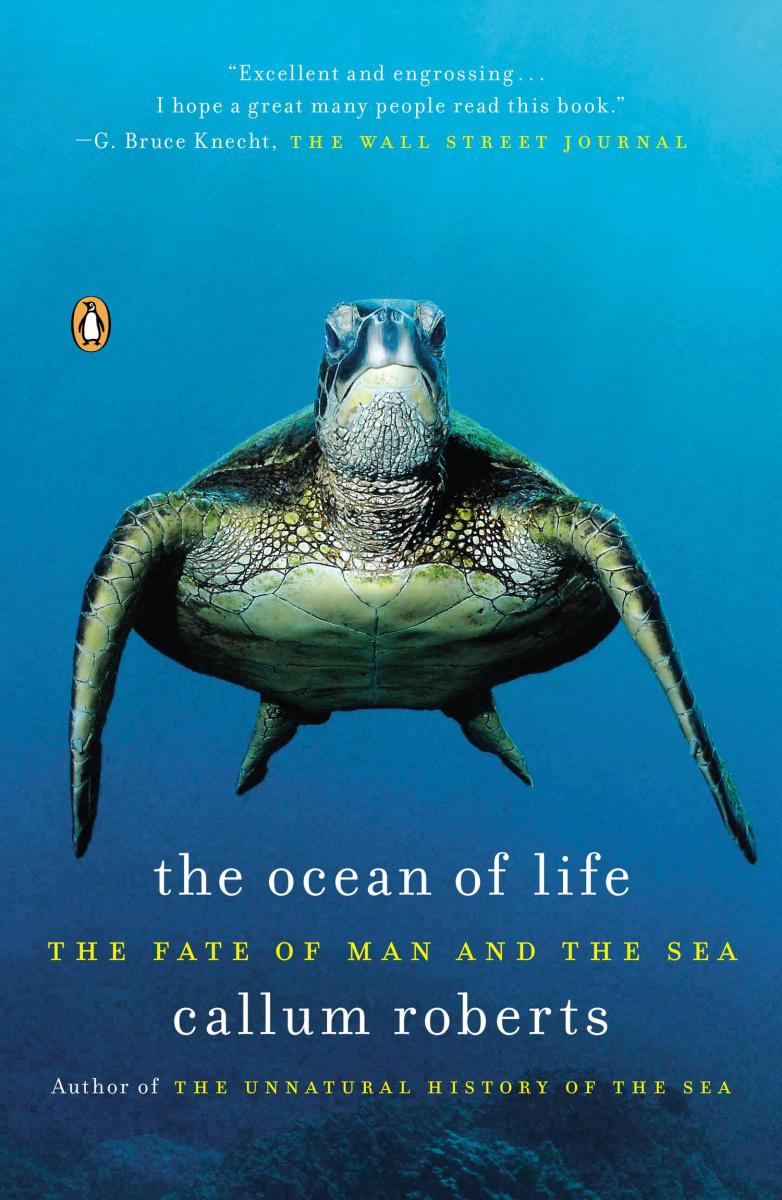
Cod: A Biography of the Fish that Changed the World
By Mark Kurlansky
Who knew how much of North America’s history hinged on one fish? This slim and readable book will tell you everything you ever wanted to know about the humble codfish. Spanning centuries of history, from Viking explorers to hardy fisherman on Canada’s east coast, Kurlansky’s book reveals how cod literally changed the world.
Best For: The history buff
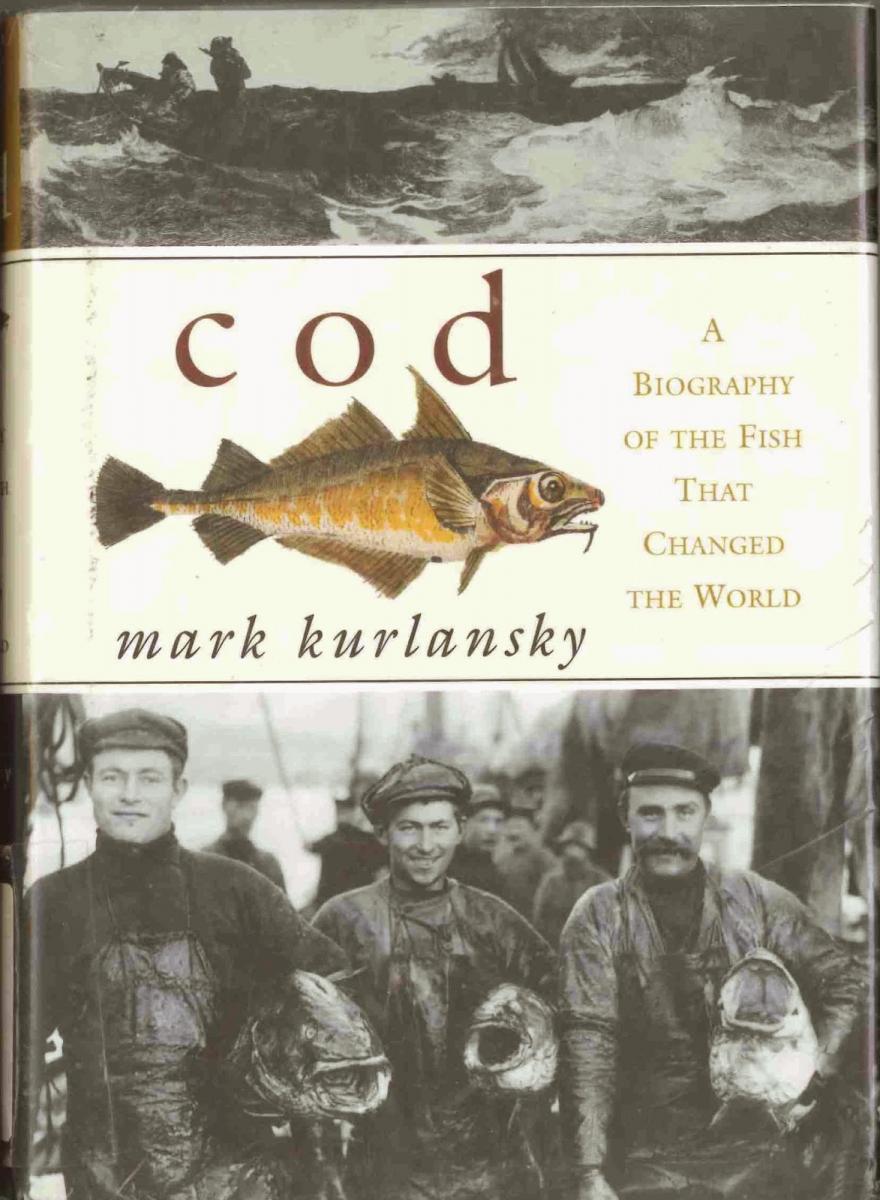
Sea Sick: The Global Ocean in Crisis
By Alanna Mitchell
Sea Sick looks at how the global ocean is undergoing drastic changes caused by humans, and why that matters. The carbon dioxide we are putting into the air by burning fossil fuels is being absorbed by the ocean, creating an environment that is more acid, warmer and prone to vast oxygen-deprived dead zones. Follow along as Mitchelle travels around the world to bring readers the big picture of the ocean, both the despair and the hope.
Best For: The environmentalist
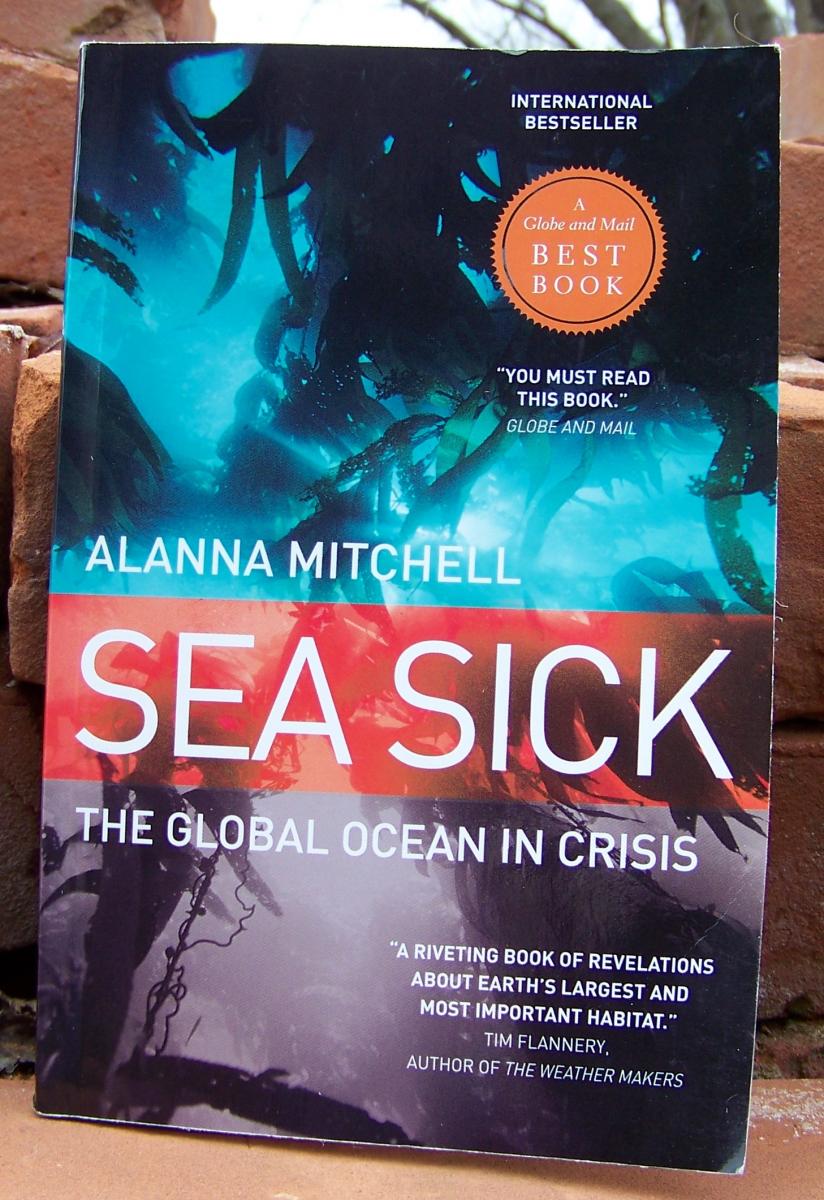
The Perfect Protein: The Fish Lover’s Guide to Saving the Oceans and Feeding the World
By Oceana CEO Andy Sharpless and Suzannah Evans
With Earth’s human population expected to reach 9 billion by 2050, we need wild fish more than ever to feed us. The bad news is that wild fish populations are in decline because of overfishing, destruction of habitat, and bycatch. The good news, as Sharpless explains, is that if just 25 coastal nations of the world—including Canada—take three steps to better manage their wild seafood supply, our oceans will become more biodiverse and will be capable of feeding hundreds of millions more people every day at a sustainable rate.
Best For: The foodie
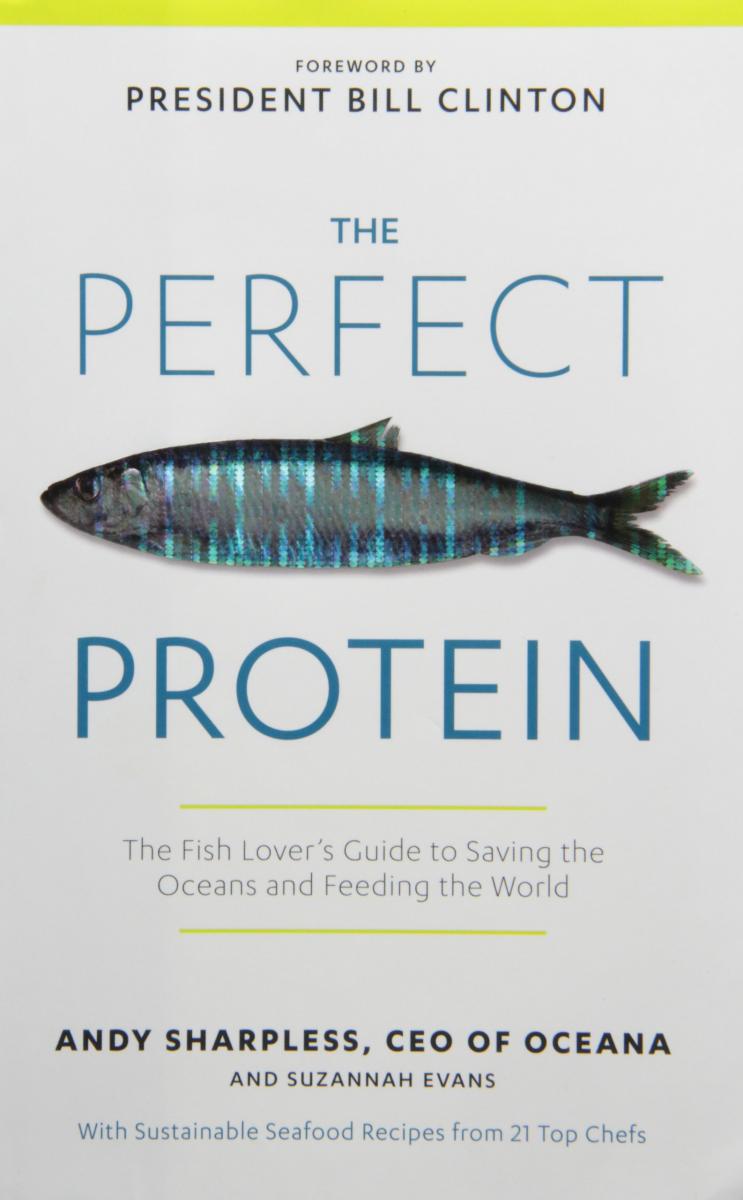
Four Fish: The Future of the Last Wild Food
By Paul Greenburg
Salmon, tuna, bass, and cod—these four fish dominate seafood markets and are the last truly wild food that many people eat. But where do we draw the line between wildlife and dinner? Through the lens of these four species, award-winning author Paul Greenberg explores the complexes of the modern fishing industry.
Best For: The fisherman
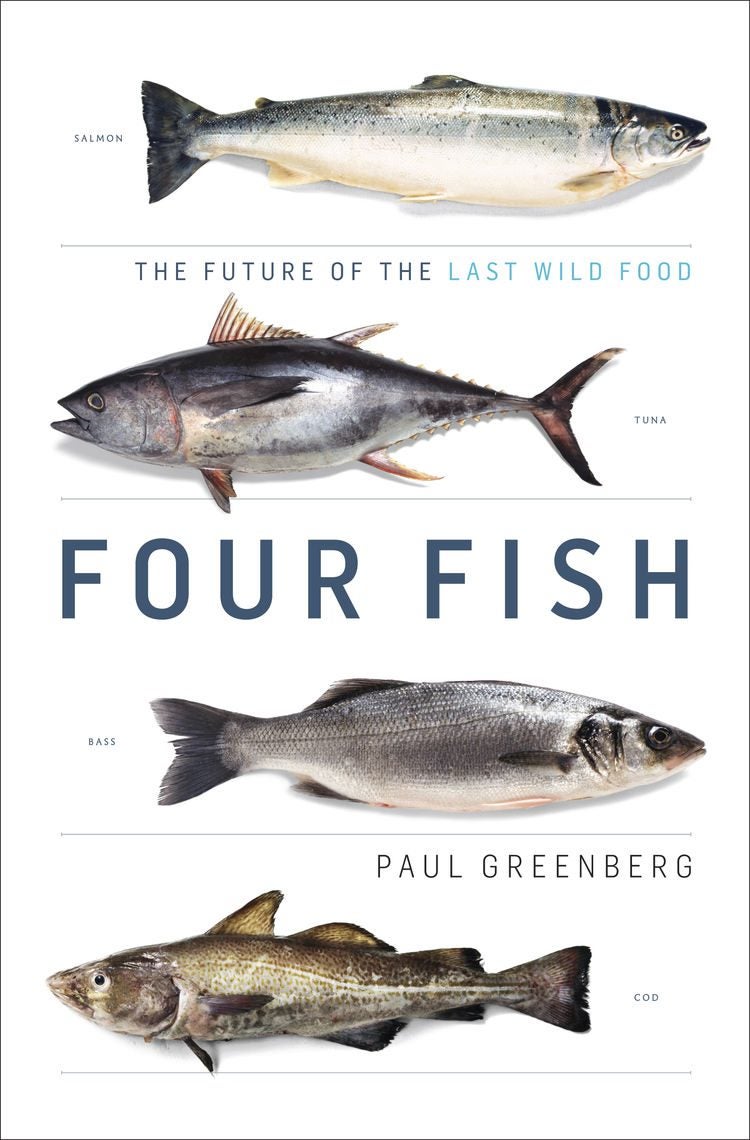
*Adapted from a US-based Oceana blog by Justine Hausheer http://usa.oceana.org/blog/five-books-ocean-lovers

